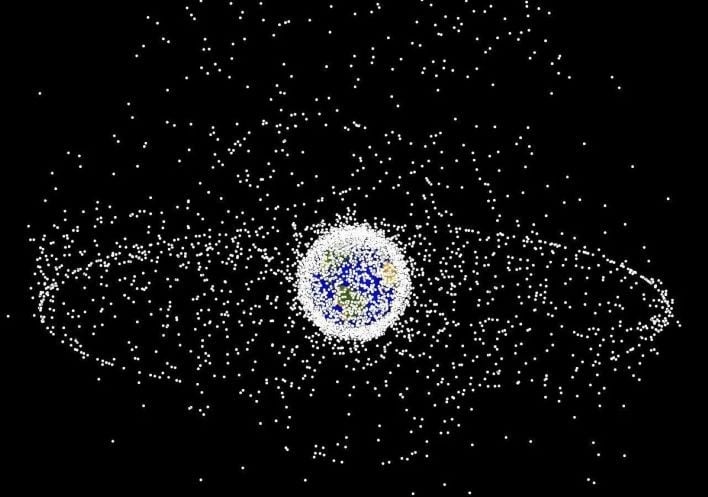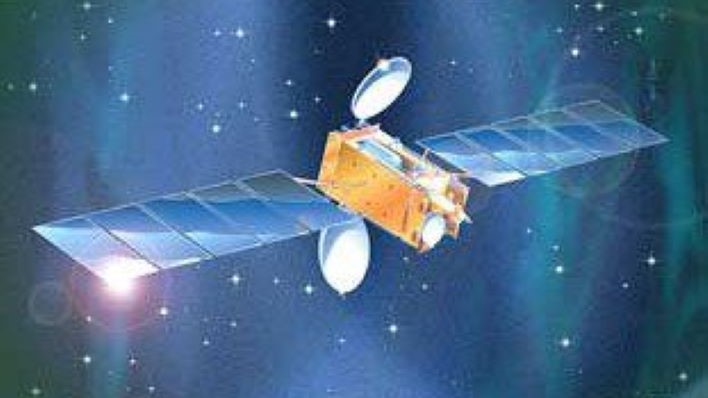FCC Smacks Dish Network With Its First-Ever $150K Space Junk Fine

In an announcement this week, the FCC said that is had concluded its investigation into Dish Network's decommissioned (but still orbiting) EchoStar-7 satellite by issuing a $150,000 penalty. It was found that Dish violated the Communications Act, FCC regulations, and the company's initial contractual agreement to deorbit the satellite to a predefined disposal distance from its operational orbit.
The mission plan was that at the end of service of the 21-year old EchoStar-7, Dish would move the satellite 186 miles further from its geostationary orbit (at 22,000 miles from Earth's surface). However, the satellite only made it 76 miles before it ran out of fuel.

Since Dish failed to meet its decommissioning protocol for EchoStar-7, the FCC made a landmark decision to slap a fine for the violation. Loyaan Egal, FCC enforcement bureau chief stated, "As satellite operations become more prevalent and the space economy accelerates, we must be certain that operators comply with their commitments". Commenting on the penalty settlement, he adds that "this is a breakthrough settlement, making very clear the FCC has strong enforcement authority and capability to enforce its vitally important space debris rules".
As the number of orbiting satellites around Earth increases, the need for stricter regulatory intervention is necessary. Out of the roughly 11,000 satellites launched since 1957, about 3,500 are inoperational. Both number are expected to continue to explode over the coming years, especially from commercial operators.
While $150,000 is honestly a slap on the wrist for a large corporation like Dish, it is a sounding horn to any satellite operator that the FCC is taking the issue of risky space junk seriously. According to NASA, there are currently 25,000 objects larger than 4-inches (10cm) in orbit that can pose collision and damage risk to other space craft and satellites.

